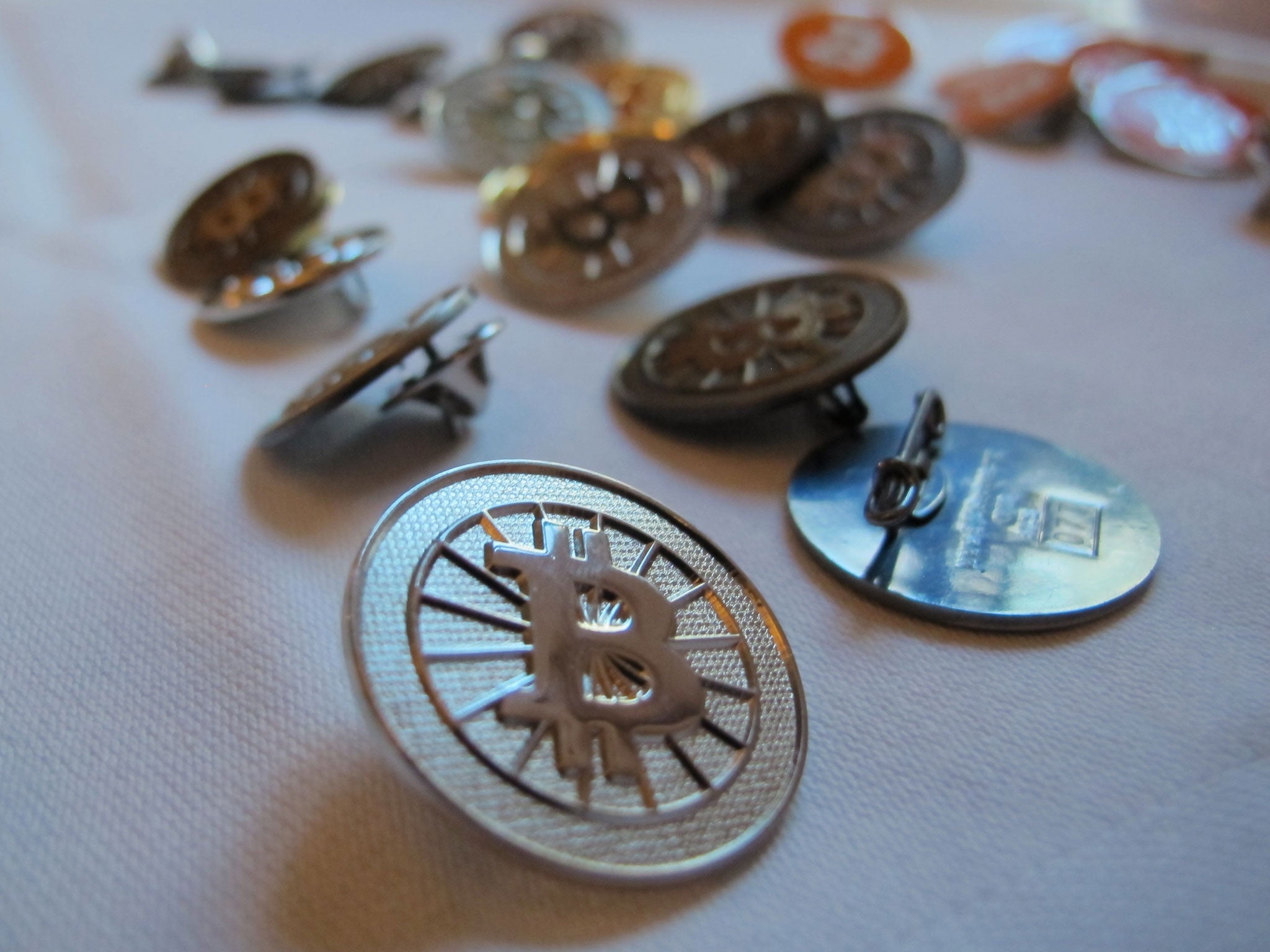Lost Bitcoins worth £70m found in old virtual wallet

Your support helps us to tell the story
From reproductive rights to climate change to Big Tech, The Independent is on the ground when the story is developing. Whether it's investigating the financials of Elon Musk's pro-Trump PAC or producing our latest documentary, 'The A Word', which shines a light on the American women fighting for reproductive rights, we know how important it is to parse out the facts from the messaging.
At such a critical moment in US history, we need reporters on the ground. Your donation allows us to keep sending journalists to speak to both sides of the story.
The Independent is trusted by Americans across the entire political spectrum. And unlike many other quality news outlets, we choose not to lock Americans out of our reporting and analysis with paywalls. We believe quality journalism should be available to everyone, paid for by those who can afford it.
Your support makes all the difference.Bitcoin earned its reputation as a virtual currency free of the control and carelessness of the global financial system – but, if anything, Bitcoin exchanges have proved to be even less competent than the banks.
The Tokyo-based MtGox exchange, which filed for bankruptcy in February after mislaying most of its crypto-currency, announced on Thursday that it had stumbled across 200,000 Bitcoins hidden in a digital storage file, or “old-format wallet”.
Last month, MtGox’s chief executive, Mark Karpeles, said it had lost 850,000 Bitcoins, worth about £270m. Some 750,000 of those belonged to customers. The exchange, Mr Karpeles claimed, was left with just 2,000 Bitcoins. But according to a statement posted on the MtGox website this week, when the company researched its older “wallets”, unused since June 2011, it found the 200,000 Bitcoins, worth almost £70m today.
As he declared bankruptcy on 28 February, Mr Karpeles said technical issues had opened the door to hackers to make fraudulent withdrawals from the exchange, hence its dramatic losses. This week’s news, however, raises questions about exactly where the 650,000 Bitcoins still missing might be. MtGox is now the defendant in a class-action lawsuit by customers who argue that the exchange deliberately misled them by claiming to offer quick, secure trading.
Bitcoin first emerged online in 2009 as an alternative to currencies shaken by the global financial crisis. It has grown in popularity as a way of moving funds across borders anonymously, independent of banks and governments. Beloved by tech geeks and libertarians, Bitcoin has drawn criticism for facilitating criminal deals, and for its dramatic instability.
At the beginning of 2013, a single Bitcoin was worth a little under £8. By December 2013, its value had soared to around £720. But by this week, it was back down to £360. There are more than 12 million Bitcoins in circulation, and they can be stored on a computer network, on a dongle or even as an access code scrawled on a napkin.
In December some 96,000 Bitcoins were stolen from users of an online bazaar known as Sheep Marketplace, where the currency was used anonymously to buy products such as drugs and weapons. Bitcoin remains unregulated, and users have little recourse when their stash goes astray.
MtGox was conceived as an online exchange for the illustrated trading cards used in the fantasy game Magic: The Gathering, hence the name MtGox – “Magic: The Gathering Online eXchange”. Its collapse was followed this month by the shutdown of a less prominent Bitcoin exchange, Flexcoin, which also claimed to have been robbed by hackers.
Bitcoin’s anonymous creator is known only by the online name “Satoshi Nakamoto”. On 6 March, Newsweek published a story claiming this was Dorian S Nakamoto, 64, a Japanese-American computer engineer in Los Angeles. Mr Nakamoto this week said, via his lawyers, that he “unconditionally” refutes the magazine’s report.
Join our commenting forum
Join thought-provoking conversations, follow other Independent readers and see their replies
Comments